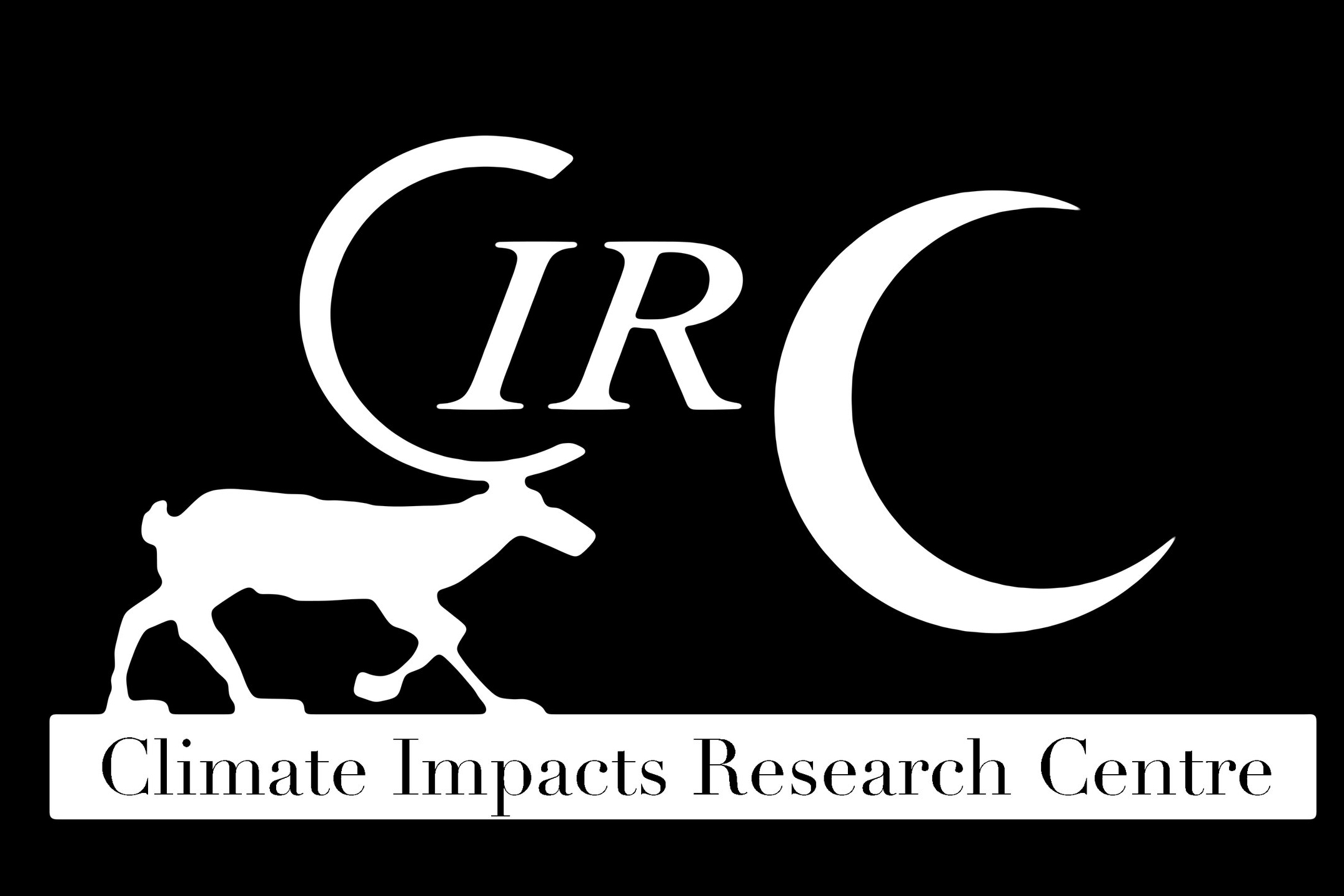Global change depletes pelagic food webs in northern lakes (Web4Food)
Project Summary
Global change is causing broad changes in biogeochemical cycles in lakes. This includes browning, oligotrophication, intensified nitrogen (N) limitation and declining calcium (Ca) concentrations. Our understanding of the combined effects of these simultaneous changes on phytoplankton and zooplankton, and pelagic food web efficiency, is vague, which poses serious problems in terms of predicting global change impacts on northern lake productivity. The project will assess the extent to which global change has affected the availability of key nutrients (N, phosphorus (P)) and Ca), and phytoplankton nutrient limitation regimes, in oligotrophic Fennoscandian and North American lakes, and assess the consequences of these changes on phytoplankton and zooplankton. We will approach this by using long-term lake monitoring data, combined with satellite remote sensing and geographic information system data, and conducting extensive lake field surveys. We aim testing if declining trends in key elements (N, P, Ca) and intensifying N-limitation, in combination with lake browning, are leading to lower food web efficiency by reducing phytoplankton and zooplankton biomass, shifting zooplankton community structures, and promoting plankton of poor nutritional quality for fish. Thus, the project will assess synergistic impacts of global change and identify thresholds for N, P, and Ca that if not reached pose serious risks of reducing oligotrophic Fennoscandian and North American lake productivity.
Principal Investigator
Ann-Kristin Bergström, EMG, UmU
Collaborators
Stina Drakare. SLU, Uppsala
Tobias Vrede, SLU, Uppsala
Anders Jonsson, EMG, UmU
Danny Lau, EMG, UmU
Peter Isles, Eawag, Switzerland
Dag Hessen, Oslo University
Pirkko Kortelainen, SYKE, Finland
Irena Creed, USask, Canada
David Aldred, USask, Canada
Funding
VR, 2021-01-01 to 2024-12-31




